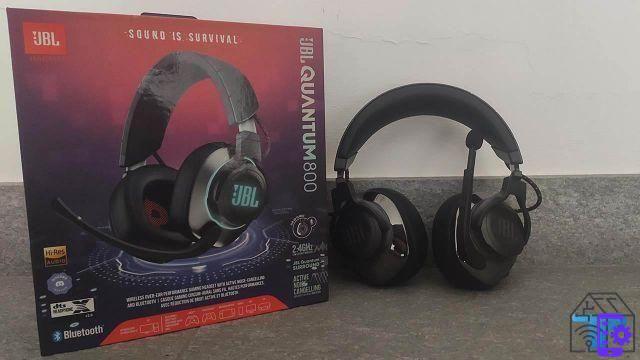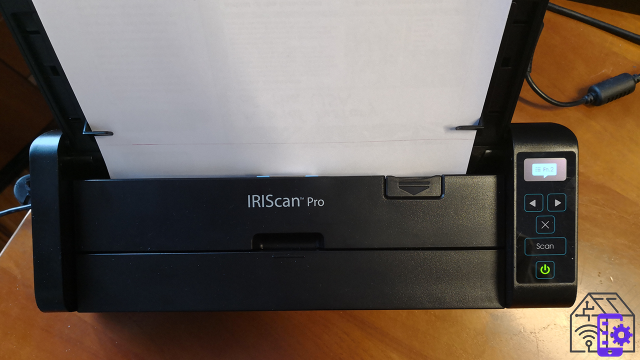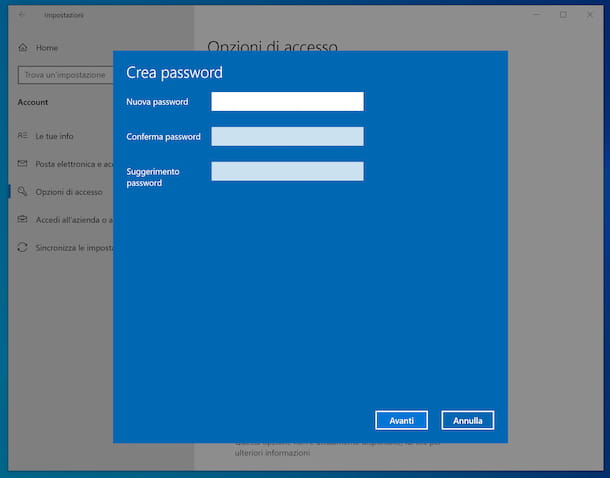Main defendants, fans and cables






Whether you're building your own PC or just bought a preassembled one, you should know how to reduce the amount of noise it produces, especially if you intend to use it for system-intensive jobs, such as high-end gaming.
In this article we will show you the alternatives to reduce the noise coming from the pc: whatever your skill level, you will surely find some practical solution suitable for your case.
1) Install quality fans
The case fans are fully among the noisiest components of any PC. Their job is to cool the components, not to make the case noisy.
The fans are marketed in the dimensions of 80, 120, 140 and 200mm, and are available both in ultra-economical versions (which we do not recommend) and in premium, silent versions, from 20 or more euros each. The price difference can make a surprising difference in performance as well.
| With InformaticsKings MyOpen you can configure the offer according to your needs, click here and try! |
2) Install anti-vibration mounts for fans
Some case fans come with anti-vibration pads which generally work wonders. Unfortunately, there is a point where vibrations can transfer between the case and the fan, and that is through the screws. They are often made of metal, and act as a link between the case and the fans.
By using anti-vibration mounts to mount the fans you will notice the silence that you will be able to obtain.
3) Use a fan speed controller
It is a component that is often overlooked when assembling a computer. The CPU fan is controlled by the motherboard, and can intelligently speed up or slow down depending on the system load and current temperature.
Case fans aren't always that smart - they usually always run at the same speed, regardless of system temperature. By installing a controller you can make the fans "smart".
4) Buy a silent case
Solved the problem of the fans you can face that of the case. Many quiet homes contain interior panels with sound-absorbing materials that reduce ambient noise from the PC.
It is possible to install the sound absorbing material yourself, but the best results are almost always obtained by buying a case that is already designed to be quiet from the start.
5) Replace the noisiest components
Many components of a PC generate noises. Mechanical hard drives, CPU coolers and video cards and power supplies, for example.
Going from a mechanical hard drive to a solid state one makes a huge difference. Lower and lower prices tend to make SSDs preferred more every day. The SSDs, in addition to being very fast, are also very quiet, given the total absence of mechanical parts.
Power supplies can be noisy, partly from the heat they generate and partly from the giant fan they mount. Fortunately, many of today's power supplies are designed to be quiet, and some even turn the fan off when not needed.
The CPU and video card also generate a lot of heat, but they don't make any noise - again, it's the fans' fault! Replacing a GPU one is a bit complicated, so you should at least change the CPU one.
6) Water cooling
Water cooling is an extreme and often expensive way to cool components, and its adoption is mostly done by enthusiasts.
It can be complex to install and requires a lot of fans to cool the fluid accumulators. Fortunately, there are ready-made, sealed systems for simplified installation.
7) Manage cables intelligently
Our final advice is simple: by managing the cables correctly you can increase the internal air flow, reduce the heat and therefore also reduce the noise.
If the cables are thrown in bulk they could get in the way of the components. If they obstruct the airflow, the system could heat up more than necessary, and the fans would spin much faster (making a lot more noise) to dissipate excess heat.
By using a combination of zip ties, Velcro straps and strategic cable placement, you can keep the path that air travels through the case from entrance to exit clear.































